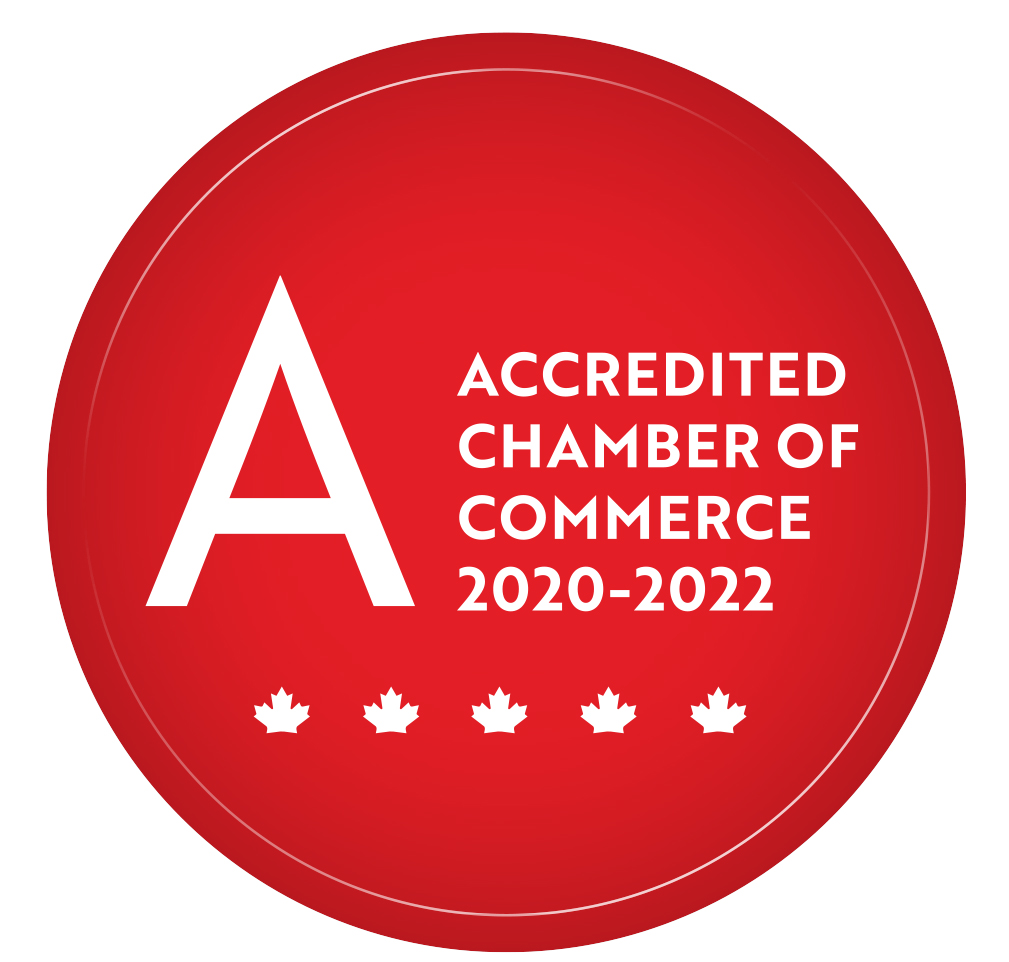In early 2016, the Ontario Ministry of Training, Colleges and Universities (MTCU) issued a discussion paper regarding the development of a postsecondary international education strategy intended to position Ontario as a destination of choice among international students.
The Ontario Chamber of Commerce (OCC) commends the Ministry for its efforts to leverage the skills and global connections of international students in Ontario. We recognize that these efforts are critical to ensuring the province’s global competitiveness and future prosperity.
In our recent report Passport to Prosperity: Ontario’s Priorities for Immigration Reform, we recognized that international students possess talents critical to filling our existing skills gap which costs the Ontario economy up to $24.3 billion in foregone GDP and $3.7 billion in provincial tax revenues each year. International students are also equipped with valuable language abilities as well as foreign networks and market knowledge that have the potential to greatly contribute to the competitiveness of Ontario businesses.
In our report, the OCC recommended that the Government of Canada take the following actions to prioritize the attraction and retention of international students:
1. Revise the Canadian Experience Class (CEC) to award additional points to graduates of Canadian colleges and universities. Currently, an international graduate of a Canadian university has no advantage over those trained outside of Canada seeking permanent residency. The implementation of this recommendation will contribute to Canada’s attractiveness to international students, particularly those that are interested in permanently relocating from their home country.
2. Benchmark study permit processing times against comparable systems. Canada’s study permit processing times lag behind those of other jurisdictions. Processing times in Canada vary significantly depending on where the student is applying from. For example, Immigration, Refugees, and Citizenship Canada (IRCC) estimates the processing time of a study permit the from China to take six weeks, India to take four weeks, and Brazil to take eight weeks. In contrast, the Australian government aims to process 75 percent of student visa applications within two to four weeks.
3. Maintain the Federal International Education Strategy. In addition to marketing the advantages of studying in Canada, the International Education Strategy aims to contribute to Canada’s economic diplomacy and trade promotion activities by leveraging the global connections of international students, particularly those from emerging markets. The implementation of this recommendation would ensure that Canada is well-positioned to attract the best and brightest students from around the world.
There is a tremendous opportunity for the province to leverage its investment in postsecondary education through the development of a coordinated approach to internationalization with other levels of government, educational institutions and the business community.
The OCC and its province-wide network of chambers of commerce and boards of trade welcomes the opportunity to work with MTCU to ensure that the priorities of the Ontario business community are considered throughout the development of Ontario’s international education strategy.
The post OCC Responds to MTCU Discussion Paper appeared first on Ontario Chamber of Commerce.













